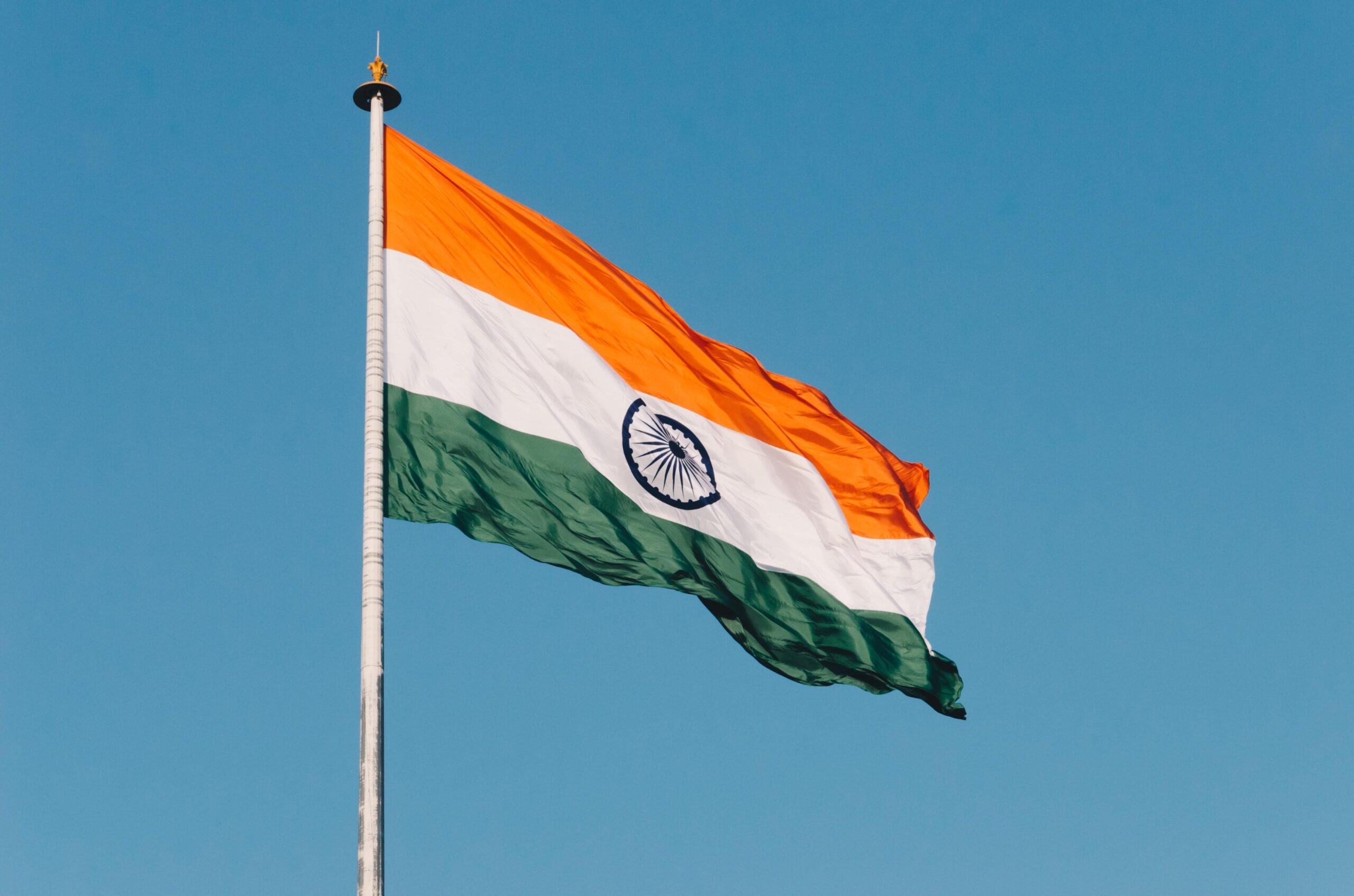
The country’s crypto industry continues to face regulatory challenges revolving around its 30% tax. Still, India wants the world to know they’ve long seen crypto’s potential and the need for a global framework.
Narendra Modi, India’s Prime Minister and President of the G20, emphasized the necessity for worldwide cooperation in shaping the regulatory landscape for cryptocurrencies during the annual G20 summit.
In a recent interview with a local newspaper, Modi dove into the significance of emerging technologies, including blockchain. He underscored that such technology will make a profound global impact – thus the regulations and frameworks surrounding them should not be confined to a single nation or a select group of countries.
Drawing a parallel with the aviation industry, Modi likened the need for universal regulations in emerging technologies to the established international rules governing air traffic control and aviation security. Modi further affirmed India’s active engagement in the ongoing discourse regarding cryptocurrency regulations.
India issued a presidential memorandum on August 1st, presenting its contributions to the international framework for crypto. The recommendations were in harmony with the guidelines established by prominent entities, such as the Financial Stability Board (FSB), the Financial Action Task Force (FATF), and the International Monetary Fund (IMF). The memorandum also had suggestions aimed at addressing the needs and concerns of emerging economies.
